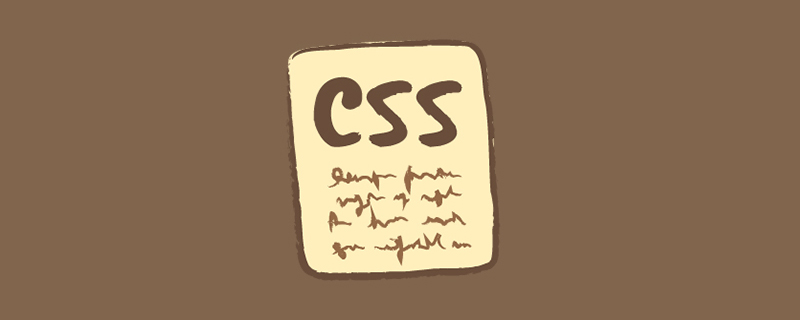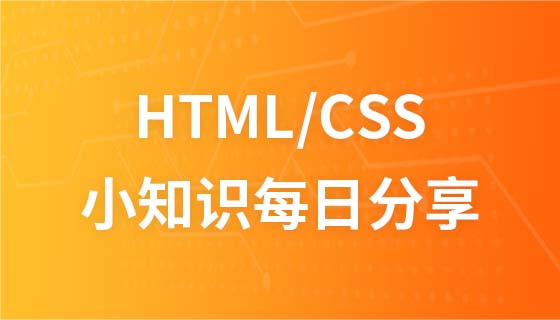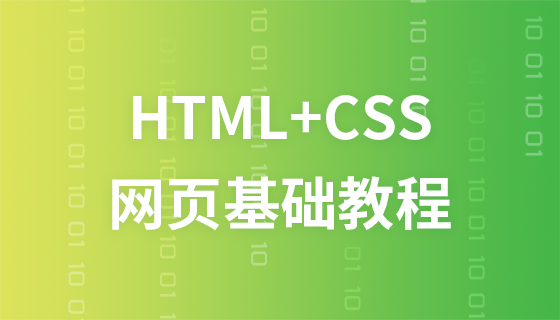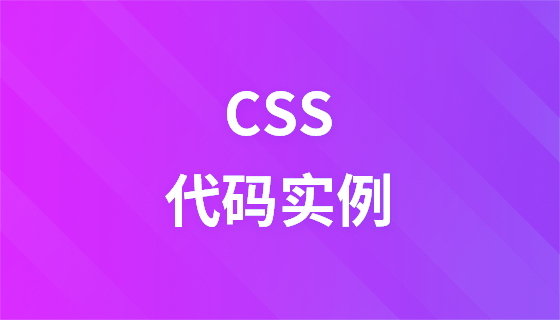
css refers to cascading style sheets, which is a computer language used to express file styles such as HTML or XML. It is a standard for describing markup language page formats. CSS enables developers to separate content and visual elements for greater page control and flexibility. CSS can not only statically modify web pages, but can also cooperate with various scripting languages to dynamically format various elements of web pages.

Have you ever learned about CSS while learning the front-end? Do you know what CSS is? Cascading Style Sheets (CSS) is a standard (or language) for describing the formatting of markup language pages. Below, the editor will introduce you to Cascading Style Sheet-CSS in detail.
Cascading Style Sheets (CSS) is a standard (or language) for describing the formatting of markup language pages. CSS enables developers to separate content and visual elements for greater page control and flexibility
CSS files are usually attached to HTML files via links in HTML files. CSS can not only statically modify web pages, but can also cooperate with various scripting languages to dynamically format various elements of web pages.
CSS defines the format for the following document types:
Hypertext Markup Language (HTML)
Extensible Hypertext Markup Language (XHTML)
Can Extensible Markup Language (XML)
Scalable Vector Graphics (SVG)
XML User Interface Language (XUL)
In December 1998, the World Wide Web Consortium (W3C) released The first CSS specification (CSS1). Followed by CSS Level 2 (CSS2) and CSS Level 2, Revision 1 (CSS2.1)
Due to the built-in HTML style properties, HTML document formatting was cumbersome and complicated before CSS.
Specifically, style tags require detailed and repeated descriptions of the following elements:
Font, color, background, style, element, alignment, borders, size.
CSS structurally defines elements such as title (h1), subtitle (h2), subtitle (h3), etc.
Element options are available for font, color, emphasis, size, etc.
CSS allows developers to move style elements into separate areas of HTML for clean markup.
For example, if a developer wants to change the font of all h2 headings in an HTML file, they can make a single change to the attached CSS file.
Without a CSS file attached, the developer must change the font options for each h2 heading in the main HTML file.
The above is the detailed content of what does css mean. For more information, please follow other related articles on the PHP Chinese website!


